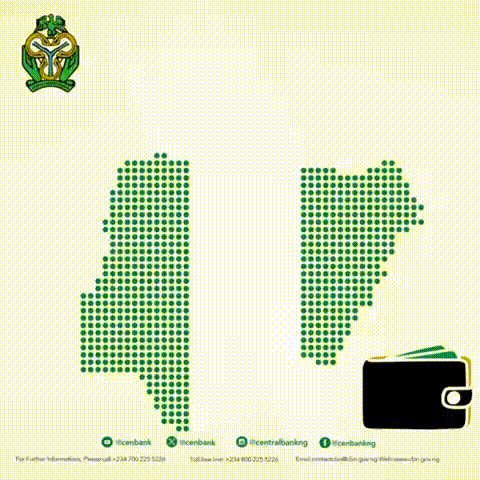
Nigeria, Egypt, lead Africa’s $95bn remittance inflows — AFC
Agency Report
Africa received over $95 billion in remittances in 2024, with Nigeria, Egypt, and Morocco emerging as the top beneficiaries, according to the State of Africa’s Infrastructure Report 2025 released by the Africa Finance Corporation (AFC).
The figure nearly matched the total foreign direct investment (FDI) inflow into the continent for the same year, underscoring the growing significance of diaspora remittances as a critical source of external financing.
The report identified remittances as one of the most stable and reliable financial inflows for African economies, often surpassing FDI, portfolio investments, and official development assistance in both volume and consistency over the past decade.
he 2024 data marks a turning point, as remittances are now seen not only as a tool for household consumption but also as a strategic lever for national development. Nigeria maintained its status as one of Africa’s foremost remittance hubs, buoyed by its vast and economically active diaspora.
The AFC noted that the increase in remittance inflows to Nigeria and other top-receiving countries reflects a structural shift in financial linkages between the continent and its global diaspora—moving away from the legacy of capital flight toward more transparent and formalised financial relationships.
“In 2024, Africa received over $95 billion in remittances from its global diaspora—an amount roughly equivalent to total FDI inflows to the continent that year,” the report stated.
“The largest recipients were Egypt, Nigeria, and Morocco, followed by a growing number of mid-sized economies with substantial emigrant populations.”
Historically, the continent has suffered significant capital losses due to financial outflows through informal channels. Citing research by economists Léonce Ndikumana and James K. Boyce, the AFC report noted that between 1970 and 2004, Sub-Saharan Africa lost more than $420 billion to capital flight. These losses weakened investment capacities and limited the continent’s ability to benefit from wealth held by its citizens abroad. However, the rise in remittances is now being positioned as an opportunity to reconnect African financial systems with diaspora capital.
The report encouraged African governments to embed diaspora engagement in their national development strategies and explore instruments such as diaspora bonds to channel funds into productive sectors. Nigeria was highlighted as a notable success story in this regard.
The country’s $300 million diaspora bond issued in 2017 was fully subscribed. While other countries like Ethiopia, Kenya, and Egypt have struggled with uptake due to regulatory and trust issues, the AFC maintains that the foundation for effective diaspora engagement exists across the continent.
It pointed to previous initiatives, including the African Diaspora Investment Fund and the proposed African Institute for Remittances, as key steps in institutionalising diaspora-financed development. The AFC concluded that sustained reforms, improved transparency, and trusted financial channels will be critical in transforming remittance inflows into long-term economic gains for the continent.



